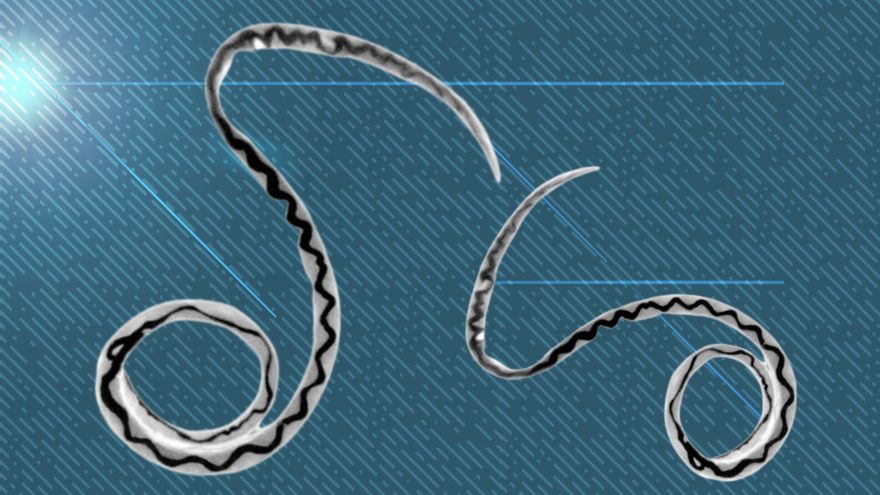Baltimore-area residents are being notified about potential health risks after parasites were found in a local reservoir.
Low levels of Cryptosporidium were detected at the Druid Lake Reservoir during routine testing, according to a new report from the Baltimore City Department of Public Works. The department warned that the discovery could impact residents in Baltimore City, Baltimore County, and Howard County.
“While it can cause health issues, it's important to emphasize that the levels detected in our water supply do not pose an immediate health risk to the general public,” said DPW in a statement on Sept. 28. “Cryptosporidium is extremely chlorine tolerant, like systems frequently used at hospitals, so secondary treatment is unlikely to reduce its levels.”
The testing was conducted on Sept. 19 and the results were received on Sept. 26. The department tests for cryptosporidium and giardia on a monthly basis.
Cryptosporidium is a microscopic parasite that is typically found in lakes or rivers. It can cause gastrointestinal problems and adversely affect the elderly and children. Symptoms of exposure to the parasite include diarrhea, vomiting, fever, and stomach pain. Most people are able to recover without medical intervention.
The parasite is spread through the feces of an infected person or animal and can survive in water, food, and soil, as well as on surfaces or unwashed hands.
“The city began testing for both crypto and giardia after it was ordered to do so in May by the Environmental Protection Agency, when the agency imposed a consent decree,” reports The Baltimore Banner. “The EPA found the city had not been routinely testing the water supply, as required by the Safe Drinking Water Act. The EPA had previously ordered Baltimore to cover or treat its two exposed reservoirs — one of which is Druid Lake — by the end of 2018, and the agency found the city had failed to do so.”
Current tests indicate the parasite imposes a low risk on the potentially impacted population. Baltimore’s DPW assured the public that the water is still safe to drink.
However, the agency said anyone with a compromised immune system should drink bottled water, boil tap water for one minute before consuming, and filter water with a filter that can remove objects 1 micron or larger.
“DPW will conduct more frequent sampling for Cryptosporidium at the City’s finished water reservoirs until sampling results can reliably show that Cryptosporidium is not detected,” the city said. “DPW will notify the public and media on the results of those additional sampling tests.”
The first reported outbreak of Cryptosporidium in the United States occurred in 1994 among people who visited a state park in New Jersey. The source of the outbreak was believed to have been contaminated runoff from rainwater as well as infected swimmers in the park’s lake.
The outbreak lasted a total of four weeks and roughly 2,070 people were impacted.
